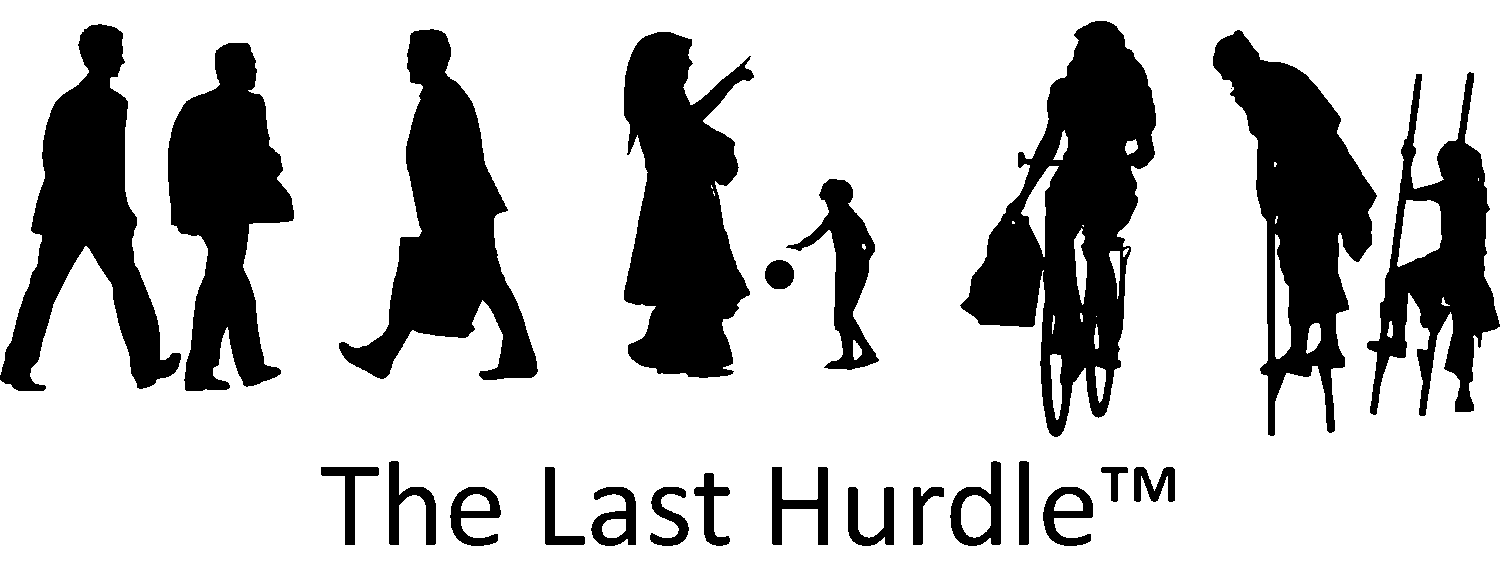Meta Titles and Descriptions - Small Words, Big Impact
When it comes to SEO, it’s often the small things that make the biggest difference.
Take meta titles and descriptions, those short snippets that appear in Google search results.
They might not look like much, but they’re your website’s first impression. The make-or-break moment where someone decides to click… or scroll right past.
Let’s unpack what they are, why they matter, and how to write them well (without sounding like a robot).
Before You Start: Why These Little Lines Matter
Before you start tweaking your metas, it’s worth knowing where they fit in. These snippets don’t directly guarantee higher rankings, but they can make people much more likely to click your result instead of someone else’s.
Those extra clicks tell Google your page is worth showing more often. So, while meta titles and descriptions might look small, they can have a big ripple effect.

What Are Meta Titles and Descriptions (in Plain English)?
If you’ve ever Googled something (so… everyone), you’ve seen meta titles and descriptions at work:
- Meta title: The blue headline that links to your page.
- Meta description: The short snippet underneath that explains what your page is about.
They’re tiny, but mighty, your elevator pitch in search results, just a sentence or two to persuade someone to click.
Here’s an example using one of our own:
Meta Title: What Google Looks for in Quality Content | The Last Hurdle
Meta Description: Discover what Google really values in website content, from clarity and expertise to trust and engagement. A plain-English guide for small businesses
See how those few words set expectations and build trust before anyone even lands on the site? That’s the magic of well-written meta copy.
Why They Matter (to Both People and Google)
Your meta title and description work double duty:
For people: They help searchers decide whether to visit your page.
For Google: They help the algorithm understand what your page is about.
Together, they influence both your click-through rate (CTR) and your search visibility.
Think of your meta tags as the dating profile of your webpage: short, honest, and (if you’ve done it right) irresistible.
How to Write Great Meta Titles
Meta titles are small but strategic. Here’s how to make yours shine:
- Keep it under 60 characters – anything longer and Google chops it off mid-sentence.
- Put your main keyword near the start – it helps with search relevance.
- Add your brand name – especially on key pages.
- Make each one unique – every page deserves its own spotlight.
- Write like a human – clarity beats cleverness every time.
Example:
❌ “SEO Services – Northamptonshire”
✅ “SEO Services That Help Northamptonshire Businesses Grow | The Last Hurdle”
The second version speaks directly to the reader, adds a benefit, and sounds like something a person actually typed, not an algorithm.
How to Write Great Meta Descriptions
Meta descriptions give you a few more words (around 150–160 characters) to persuade someone to click your link.
Here’s how to use them well:
- Summarise what’s on the page – no mystery, no waffle.
- Use active voice and action verbs – “Discover”, “Learn”, “Find out”, “Get started”.
- Include your keyword naturally – it helps reinforce relevance.
- Add a clear call to action – even a gentle “Read more” works.
Example:
❌ “The Last Hurdle is a marketing agency offering a range of business support and SEO services.”
✅ “Boost your online visibility with SEO and marketing support from The Last Hurdle. Clear, practical advice that helps your business grow.”
The second example is energetic, direct, and reader-focused.
Pro Tip: Imagine your meta description being read aloud on the radio. Would it make sense, sound natural, and make people curious? If not, keep polishing, your readers (and Google) will thank you.
And remember: it’s not a novel, it’s your headline handshake with potential customers.

Common Mistakes to Avoid
Even seasoned marketers sometimes slip up with meta tags. Here are a few pitfalls to dodge:
- Copying the same meta description across multiple pages
- Writing too long (Google cuts you off mid-sentence)
- Keyword stuffing (it doesn’t fool anyone anymore)
- Being vague (“We offer a range of services…”)
- Forgetting to include what makes you different
If your meta description sounds like a robot with stage fright, it’s time for a rewrite.
Quick note: Sometimes Google rewrites your meta description if it thinks a different line from your page better matches a search. Don’t panic, it happens to everyone. The trick is to make sure the content on your page is as clear and relevant as your meta, so whatever Google chooses still works for you.
How Meta Fits into the Bigger Picture
Good meta tags don’t exist in isolation. They work best alongside great on-page content.
Your meta title and description set the expectation, your content delivers it. That combination builds trust with both Google and your readers.
For a deeper dive into writing content Google loves, check out:
The Last Hurdle’s Meta Checklist
✅ Meta titles under 60 characters
✅ Descriptions around 150–160 characters
✅ Use natural keywords
✅ Add a benefit or value statement
✅ Keep each one unique
✅ Sound human, not robotic
Quick Tool Tip:
Want to see how your title and description will look before you publish?
Try the free Portent SERP Preview Tool It’ll show you exactly how your snippet appears in Google results and warn you if it’s too long.
Stick to that list, and your search listings will instantly look sharper, friendlier, and more clickable.
The Last Word: Small Words, Big Impact
Meta titles and descriptions may be small, but they pack serious power. They’re your online first impression, and first impressions count.
At The Last Hurdle, we help businesses write content that’s clear, click-worthy and completely on-brand, from SEO copy and blogs to full marketing strategies.
Because if your website can make Google smile and your customers click, you’re definitely doing something right.
And if writing metas still feels a bit mysterious, don’t worry, we’ve got you covered. Get in touch, we’d love to help. Call us on 01604 654545 or email hello@thelasthurdle.co.uk






One thought on “Meta Titles and Descriptions – Small Words, Big Impact”